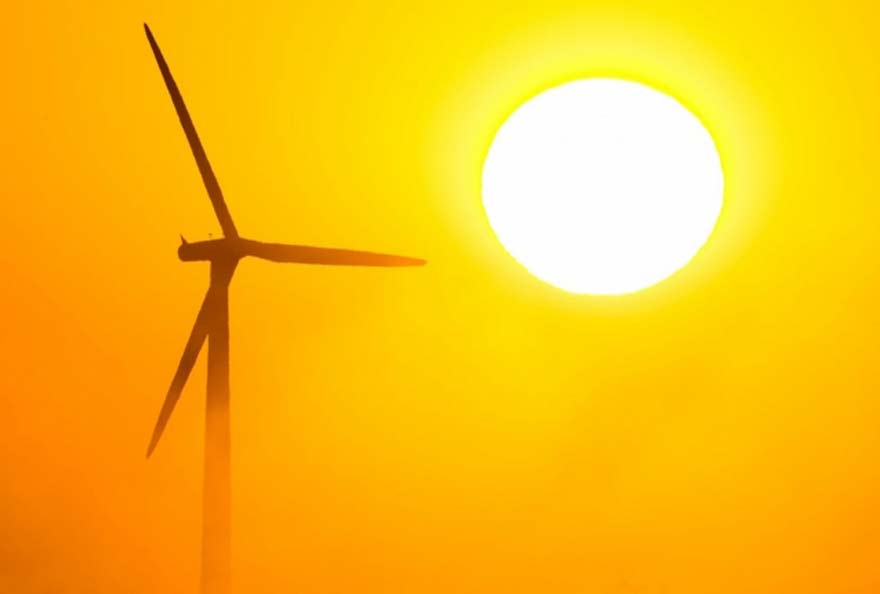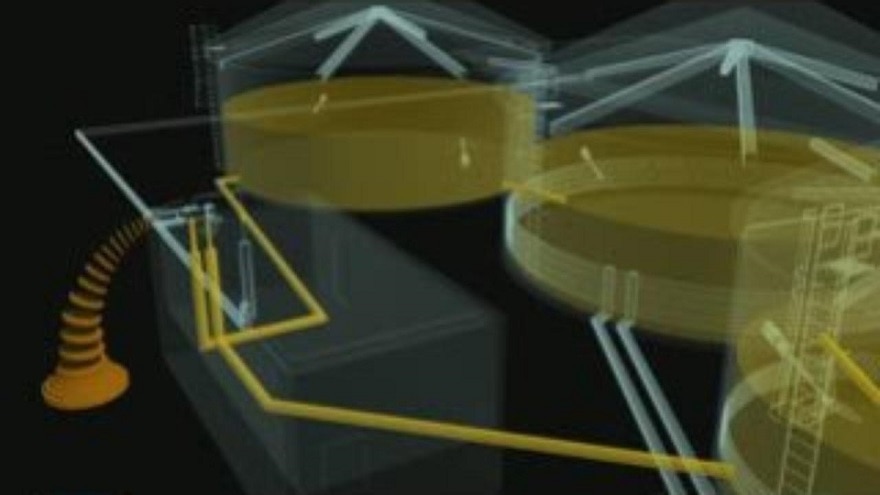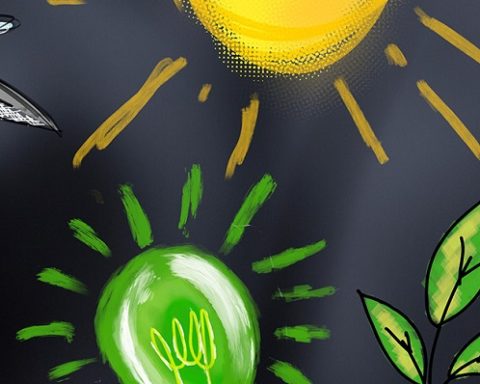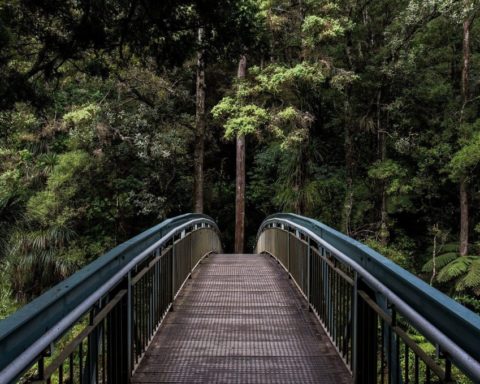Changing the energy model without compromising security and prosperity: it is possible. But it cannot be improvised. On Tuesday, the German Minister of Education and Research, Johanna Wanka, therefore launched a comprehensive, multidisciplinary research initiative to accompany Germany's energy shift. A New Era.
230 partners from science, business and civil society will participate in four major research projects over ten years for a total of €400 million.
It is a question of finding technical and economic solutions to the challenges of the energy turnaround, while respecting the expectations of the population. The initiative has been named "Copernicus". The name of the famous Polish astronomer, who first claimed in the early 16th century that the Earth revolved around the sun, was not chosen by chance. Indeed, it is indeed a "paradigm shift" that we must bring about today in the field of energy.
"We will show that a secure, affordable and clean energy supply is achievable."said Ms. Wanka. "And this without giving up prosperity and jobs."
Complicated, the energy shift? CIDAL has produced a short animated film that will help you understand the issues and challenges of this huge building site of the future:
The four projects were selected from 41 proposals that mobilized the creativity of more than a thousand companies and institutions. They each focus on a different field. The first will aim to reduce the cost of extending the electricity grid by optimising the geography of electricity production, which is now more decentralised. According to current plans, this extension is expected to cost 34 billion euros by 2025.
A second project involving 62 partners will aim to develop the technical conditions for the storage of more than 90 % of surplus electricity from renewable sources. This electricity is produced in excess when the wind is blowing strong or the sun is shining. The aim is to transform it into a chemical component, gas or fuel so that it can be reused later, when consumers need it.
The third project, which involves 83 partners, will aim to optimize industrial processes for energy that is subject to variations in production. The aim is to save industrial companies more than ten billion euros by 2020, while significantly reducing their greenhouse gas emissions.
Finally, the last project considers the energy turnaround as a social project. It should enable the construction site to progress in line with society's expectations. It will also make it possible to assess the commercial potential of different technologies.
All four projects are scheduled to start as early as 2016. The issues, which were deliberately broad at the outset, will be narrowed down as the research progresses. New partners will be able to contribute their expertise and skills over time through new calls for tenders.
Today, Germany is at the forefront of the development of renewable energies. Berlin has taken the lead by establishing a favourable legislative framework at an early stage. A law for the promotion of renewable energies (EEG) was passed as early as 2000. Copied by many countries, including France, it guarantees producers a minimum selling price. The text is regularly revised to adapt tariffs to technological progress.
This is essential to meet the EU's climate targets, as the country, which plans to go nuclear by 2020, is planning to build coal-fired power plants. At the same time, Germany has set itself a target of 30 % of green energy in its electricity production by 2020.
The environment is only one aspect of the German commitment. The challenge is also - if not primarily - economic: today, renewable energies employ more than 250,000 people across the Rhine, and the country dominates the global wind and solar market in terms of capacity. At the cutting edge, the wind industry exports nearly 85 % of its production.
More information :
- Copernicus projects website (in German): www.kopernikus-projekte.de
- Federal Ministry of Education and Research (in German): www.bmbf.de/de/sicher-bezahlbar-und-sauber-2624.html
Source: German Embassy - CIDAL 7 April 2016
Login
0 Comments
Inline Feedbacks
View all comments












